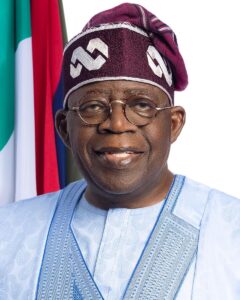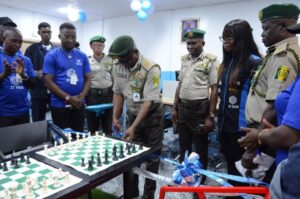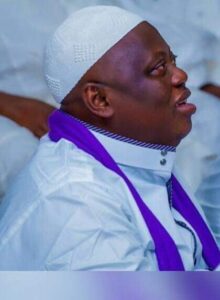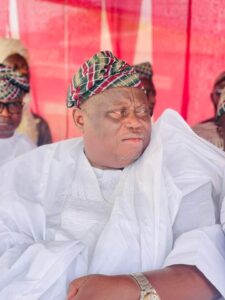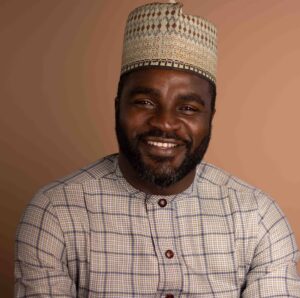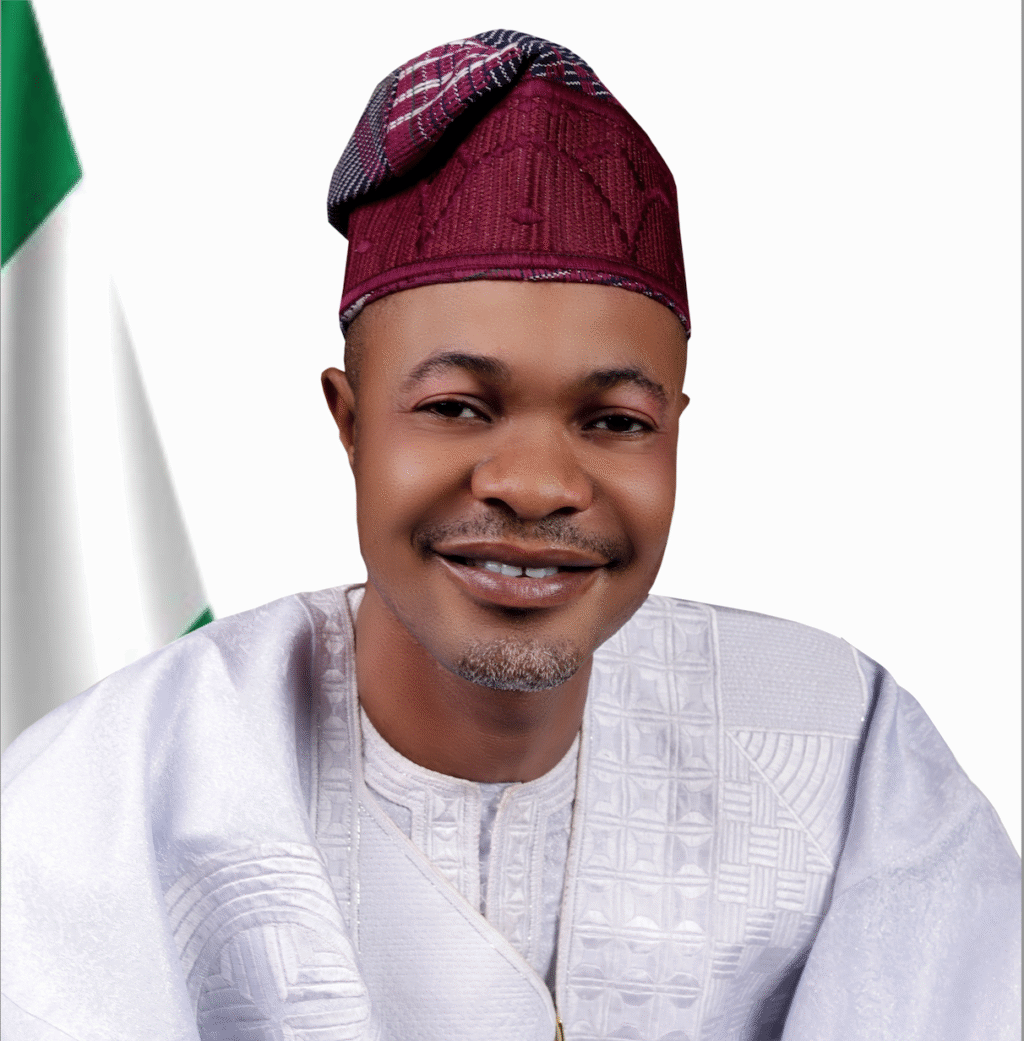
By Sunday Adepoju
Since his appointment to lead the Presidential Economic Advisory Council (PEAC) and the Presidential Foreign Intervention Promotion Council (PFIPC), Prince Adeniyi Adeyemi, the Ogbomoso-born leader and professional of high repute, has moved swiftly to translate presidential intent into concrete action. Tasked with one of His Excellency, President Bola Ahmed Tinubu’s most urgent economic priorities, that is restoring investor confidence, attracting high-quality foreign direct investment (FDI), and aligning policy with implementation, Prince Adeyemi has set a visible agenda that links institutions, Parliament and the private sector to a single national purpose of repositioning Nigeria as an attractive, dependable destination for global capital.
The mandate that President Tinubu entrusted to Prince Adeyemi is straightforward: to make Nigeria competitive again in the global investment marketplace. That mandate has several practical strands. First, advise the Presidency on economic strategy and reforms that will unlock growth and jobs. Second, lead an active outreach to the international investor community; packaging and promoting bankable projects and ensuring they enjoy legal safeguards and streamlined coordination across government. Third, work with domestic institutions (including law enforcement agents and regulators) to guarantee integrity and credibility around incoming capital. Prince Adeyemi’s actions, since assuming office, makes clear he is driving on all three tracks simultaneously.
One of Adeyemi’s earliest priorities has been building partnerships that convert promise into projects. Under his leadership, the councils have been confirmed partners for major regional investment platforms; for example, the Niger Delta Economic & Investment Summit and are centrally involved in preparations for a high-profile World Investment Summit scheduled for April 27 to 30, 2026 at the Bola Ahmed Tinubu International Conference Centre. These platforms serve a dual purpose of promoting priority sectors (energy, agriculture, infrastructure, digital economy) and providing a curated space where investors can meet vetted public-sector partners.
Equally important has been the DG’s engagement with the legislative arm. Prince Adeyemi has sought legislative backing to embed investor-friendly reforms in durable law, recognising that policy announcements must be matched by a legal environment that lowers risk and eases doing-business frictions. His meetings with the Deputy Speaker was explicitly framed as efforts to harmonise executive reform plans with parliamentary action which is a practical acknowledgement that the presidency cannot attract and protect investment without legislative backing.
Another visible strand of the mandate is ensuring that incoming capital is credible. To that end, Prince Adeyemi has opened formal channels with enforcement and regulatory agencies, notably arranging meetings with the Economic and Financial Crimes Commission (EFCC) to build protocols for investor due diligence ahead of the World Investment Summit. This step shows a recognition that investor confidence depends not only on incentives but also on predictable enforcement of the rule of law and a transparent vetting process that protects Nigeria from reputational and financial risk.
The PFIPC, under Prince Adeyemi’s stewardship, presents a concrete “front door” for foreign partners. The council’s stated services include legal protections against expropriation, dispute transparency, facilitation of approvals, and liaison with state and federal agencies to fast-track interventions. In practice, PFIPC functions as both promoter and guardian of foreign interventions, aiming to reduce bureaucratic friction and offer the assurances multinational investors typically demand. That institutional capacity is central to President Tinubu’s goal of reviving FDI flows and converting investor interest into deliverable projects.
Adeyemi’s outreach hasn’t been limited to Abuja conference rooms. He has welcomed traditional leaders’ endorsements and conducted courtesy visits across agencies (NERC, RMRDC and others), signalling that the councils’ work must be seen as inclusive and nationally anchored. These gestures help build the social license required to implement investments that touch communities, especially for large infrastructure and extractive projects where local acceptance is often decisive.
The DG’s flurry of engagements (legislative meetings, regulatory briefings, summit preparations and institutional partnerships) are visible signs of the mandate being translated into activity. But execution remains the heavier work. The council’s next critical tests will be the quality and quantity of investment commitments announced at the World Investment Summit and, later, the speed with which selected projects are implemented.
Prince Adeyemi’s stewardship of PEAC and PFIPC exemplifies a pragmatic approach to a presidential mandate that aligns policy with promoters, secures legislative and regulatory support, and protects the integrity of the investment pipeline. If the coming months yield substantive project signings and smoother coordination across government, the giant strides currently being witnessed will have tangible outcomes in the areas of more jobs, improved infrastructure, and a stronger signal that Nigeria is once again open for credible business. For now, the administration’s mandate and Adeyemi’s public, methodical execution of it is giving the country a clearer, better-organised pitch to the world.
…Adepoju (08030578107/pojusunday@gmail.com), writes from Ogbomoso.

